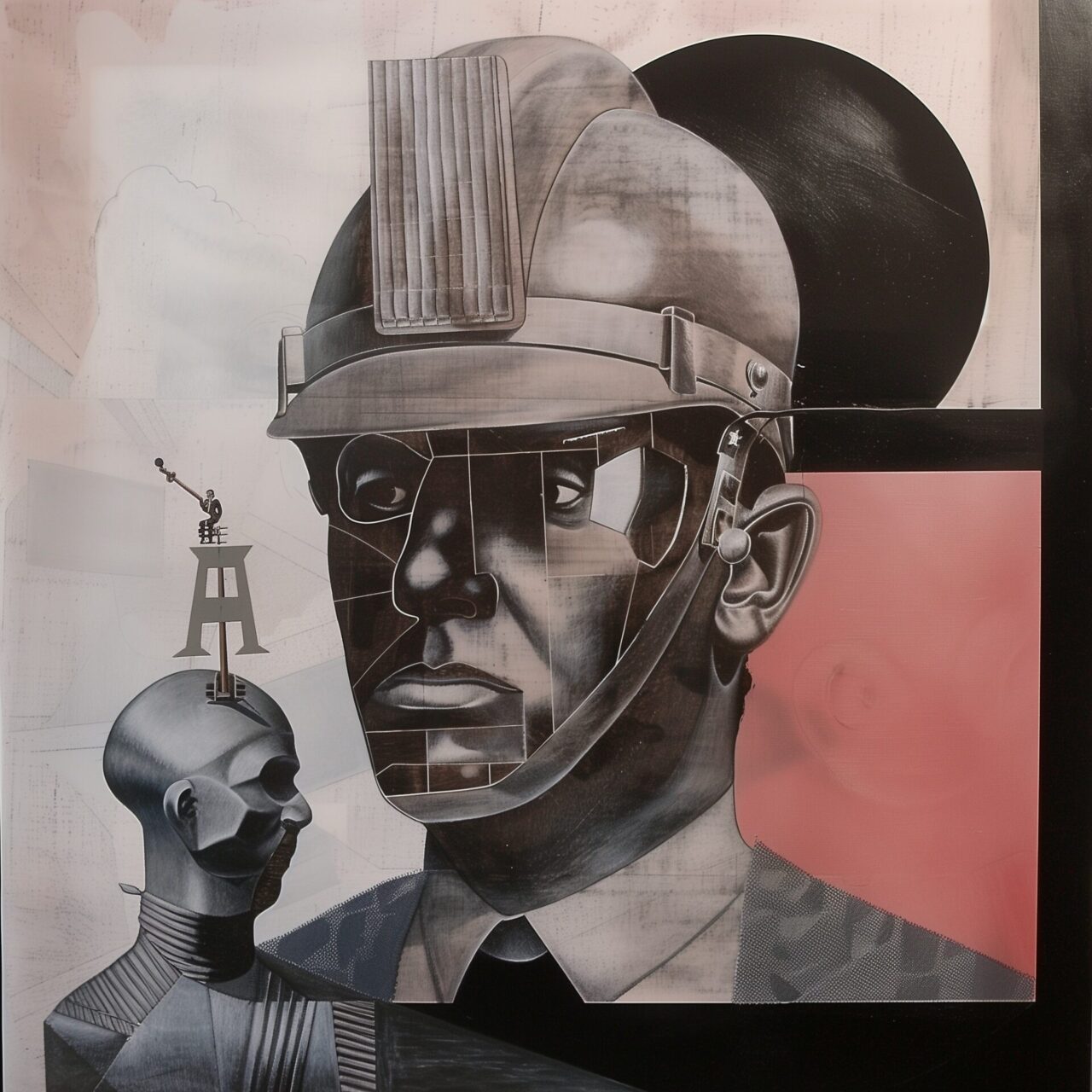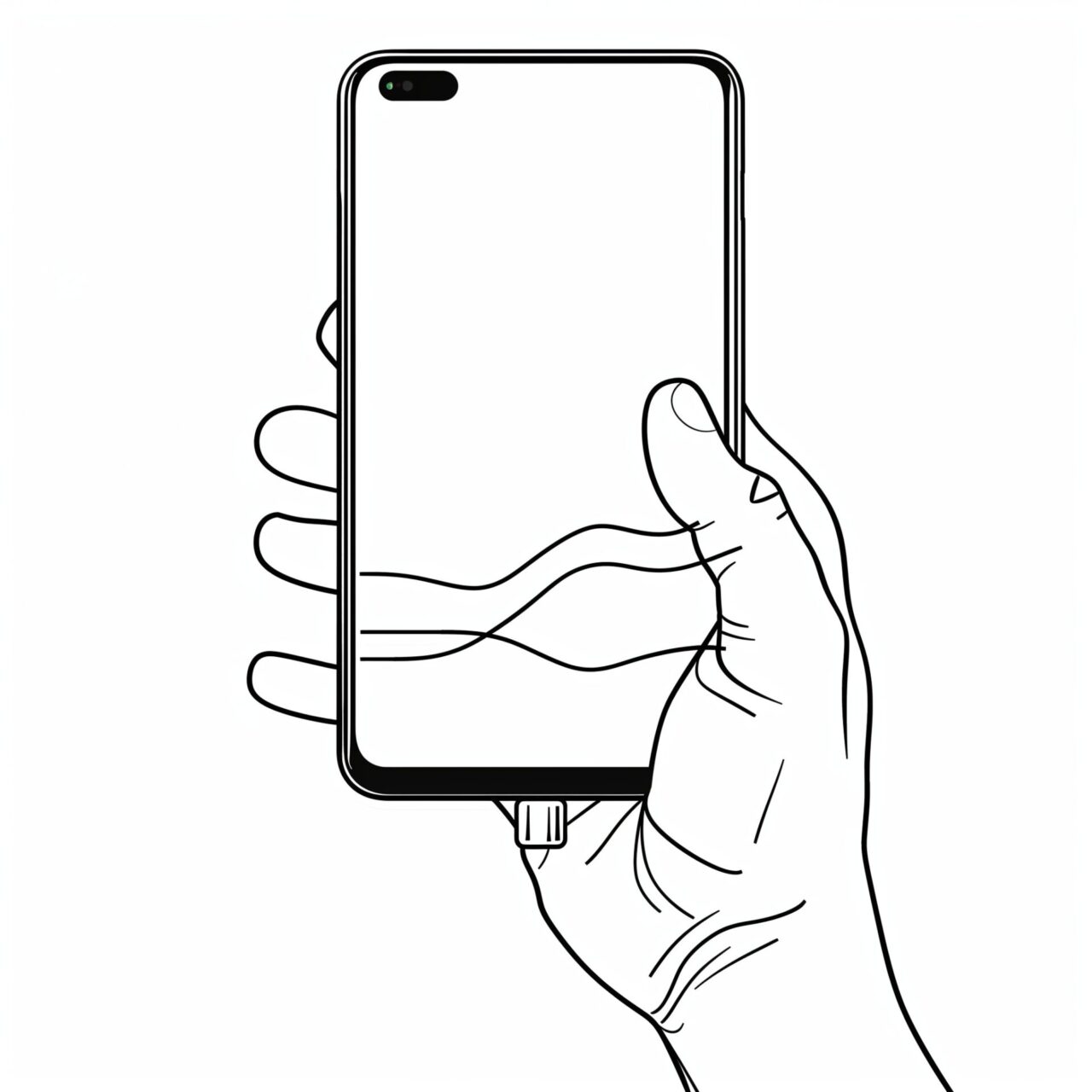
“Blind Faith” by Ben Elton
In 2007, a year historically associated with the unstoppable expansion of digital surveillance technologies and social networks, Ben Elton published his dystopian novel “Blind Faith”, a biting satire on privacy-shredding technocracy. In a world where sharing is synonymous with caring and secrets are considered a social sin, Elton guides us through a society that is frighteningly similar to our own in its digital exhibitionism and loss of privacy – and at the same time reduces it to absurdity.
Exhibitionism as the new religion
In “Blind Faith”, where private life is public property, the streets are lined with CCTV cameras and people constantly post every intimate detail of their lives on social networks. Trajan, the protagonist, is trapped in this hyper-connected world, a dystopia where anonymity has become a heresy. Elton’s vision of a society that makes sharing the ultimate imperative seems like a grotesque escalation of today’s “share everything” culture, illustrated by platforms such as Facebook, Instagram and TikTok.
The irony of hyperconnectivity
Elton uses irony as the sharpest weapon in his literary arsenal to emphasise the absurdity of a thoroughly networked society. In “Blind Faith”, the act of sharing is so exaggerated that it achieves the opposite of what it is supposed to: Instead of fostering genuine closeness, it alienates people from one another. The characters in Elton’s novel, constantly online, are paradoxically more isolated than ever – a scenario that does not seem unfamiliar in our real-world ‘always on’ state.

Science and religion at loggerheads
Elton also takes a critical look at the tense relationship between science and religion. In a society characterised by blind faith in sharing and an almost religious worship of technology, scientific scepticism becomes an act of rebellion. Trajan, the sceptical hero, questions the foundations of the society in which he lives – a motif that is often taken up in pop culture, be it in films such as “The Matrix” or series such as “Black Mirror”.
Data protection? Haha!
In “Blind Faith”, data protection appears to be an ancient relic, almost a mythological concept that no longer has a place in the era of total transparency. This reflects a real social debate in which the boundaries between private and public are becoming increasingly blurred. Elton’s dystopian world serves as a distorting mirror, revealing the potential dangers of an unthinking faith in technology and the abandonment of all privacy.
A mirror of our time?
What Ben Elton presents us with in “Blind Faith” is not only a dystopian vision, but also a critical reflection of our own world. The question provoked by the novel is: how much of our own lives are we prepared to give up for the supposed gain of security and social recognition? “Blind Faith” is therefore not only a warning, but also an invitation to rethink the interactions between technology, society and individual freedom.
With a twinkle in his eye and typical British irony, Elton creates a picture of the future that makes us laugh – and think. At a time when our smartphones have become extensions of ourselves, “Blind Faith” appears not only as dystopian fiction, but also as an uncannily precise diagnosis of the present.


